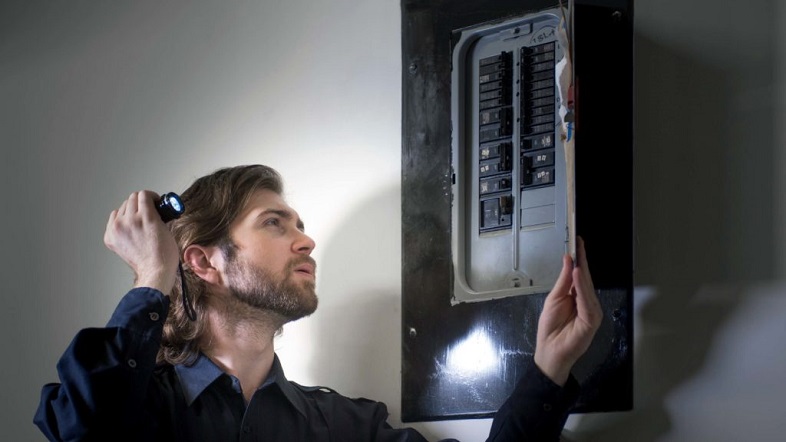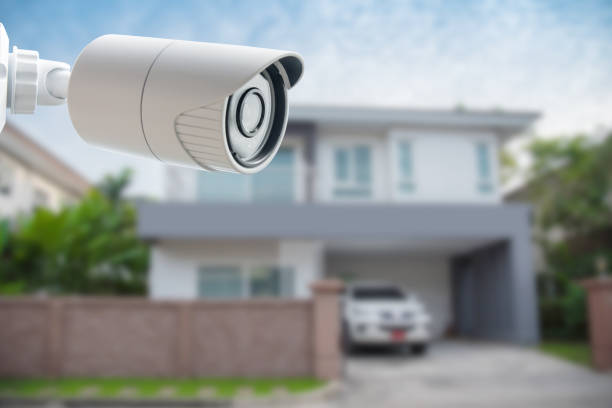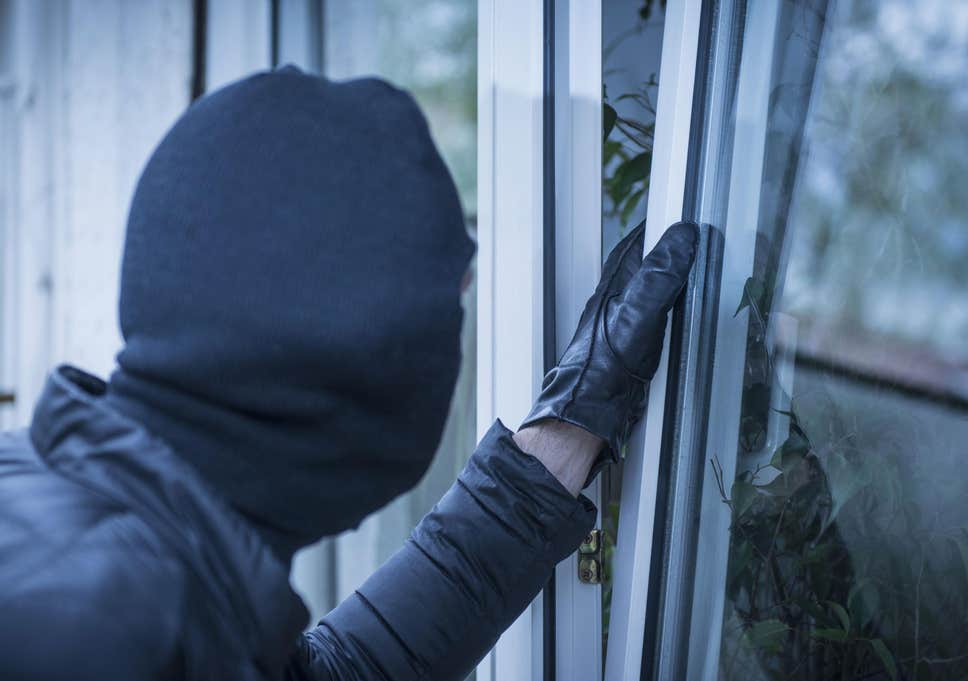Fear-inducing or Fine? Common Electrical Problems in Your House
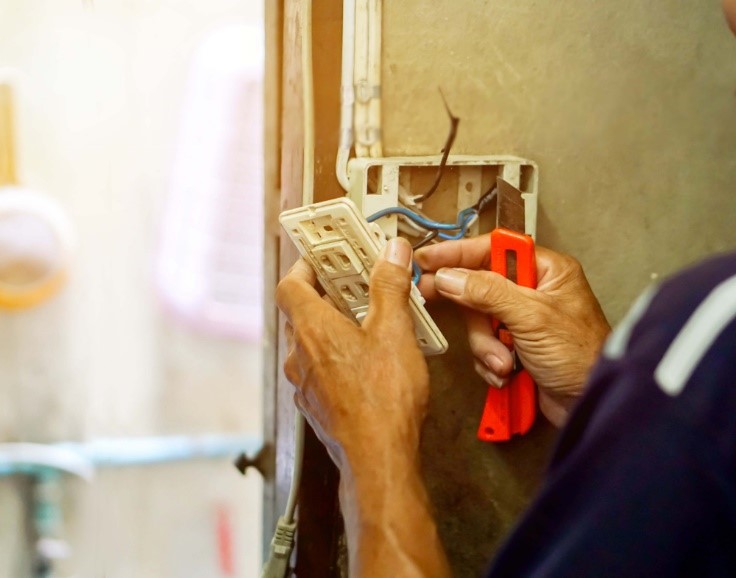 There are all sorts of issues around your home that you choose to ignore. A sliding glass door that sticks? A loud refrigerator? A cracked tile on the floor? None of these threaten your safety or the safety of your home, so you’ll deal with them another day.
There are all sorts of issues around your home that you choose to ignore. A sliding glass door that sticks? A loud refrigerator? A cracked tile on the floor? None of these threaten your safety or the safety of your home, so you’ll deal with them another day.
However, when something electrical goes awry, you should probably be concerned. The electrical system around your home isn’t just integral to comfortable, modern life; it has the potential to do real harm, whether through electrocution or by starting a house fire. Still, not every electrical issue requires immediate action. You should learn about the most common electrical problems, so you’ll know how to react when you notice them in your home:
Fine: Loose Outlet
Almost everyone has encountered an outlet that doesn’t feel tight in the wall or snug when something is plugged in. Outlets can loosen over time for a variety of reasons. Maybe rough handling in the past has caused the screws holding the box in the wall to unscrew; maybe the contacts have become worn and unable to grip plugs. Regardless, this electrical issue isn’t a cause for serious alarm — it’s unlikely that a loose outlet will cause arcing that puts you or your home at risk.
Still, it doesn’t take much time or money to fix a loose outlet, so you might as well rectify the problem as soon as you discover it. Turn off the electricity to the outlet using your breaker box, take off the outlet cover and tighten any screws you see. You might also need to add shims around the outside of the box to keep it stable. At worst, you’ll need to replace the receptacle, which is as simple as taking out the old and putting in the new, which you can read about here:
https://www.theartofdoingstuff.com/how-to-replace-an-ugly-old-electrical-outlet/
Fear-inducing: Dead Outlet
It’s rare that a perfectly functional outlet suddenly and unexpectedly turns into a dead outlet. When this happens, you should act fast to identify any problems with your electrical system. Often, outlets die because of a poor connection somewhere in the system, which results in arcing, or else because of excessive heat buildup that can melt wires or the outlets themselves. Both of these situations can cause house fires, so you shouldn’t ignore an outlet that doesn’t work, especially if it stops working out of the blue.
It’s not a good idea to crawl around your attic or search your walls for signs of arcing or overheating. Instead, you should hire the pros, and stick to simpler electrical safety tricks, like these:
https://www.ahs.com/home-matters/quick-tips/electrical-safety-tips-for-your-home/
Fine: Short Circuit
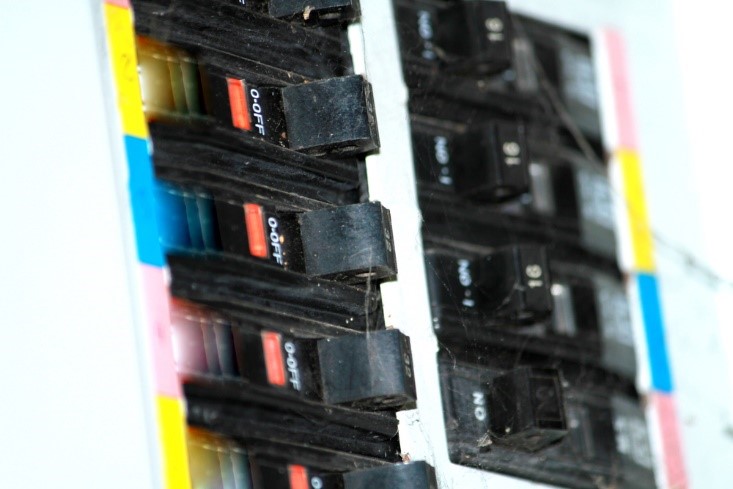 One short circuit is nothing to stress out about. In fact, if the electricity goes out when someone is blow-drying their hair, cooking on the stove, playing video games on a desktop computer and doing laundry on the same circuit, your circuit breaker is just doing its job. Short circuits occur when you overload a circuit, attempting to draw too much power. Generally, you can reset the circuit in your breaker and continue using electricity as normal by following this guide:
One short circuit is nothing to stress out about. In fact, if the electricity goes out when someone is blow-drying their hair, cooking on the stove, playing video games on a desktop computer and doing laundry on the same circuit, your circuit breaker is just doing its job. Short circuits occur when you overload a circuit, attempting to draw too much power. Generally, you can reset the circuit in your breaker and continue using electricity as normal by following this guide:
https://home.howstuffworks.com/home-improvement/repair/how-to-reset-a-circuit-breaker.htm
Circuits come in three sizes: 15-amp, 20-amp and 30-amp. This is to better manage how much electricity is coursing through different areas of your home, so if you do receive a shock, it isn’t nearly as dangerous as if you had an entire home’s worth of electricity arcing into you. You should become familiar with how your electrical panel works — and what circuits go where — so you can competently restore power if ever it trips.
Fear-inducing: Constantly Tripping Breakers
Then again, if your circuits are constantly shorting, something is likely awry within your electrical system. Most often, a circuit that is tripping frequently is simply overloaded, which means you need to relocate electrical devices to other circuits around your home or else add another circuit to your electrical system. Then again, circuits might trip if there is some kind of damage to the system, like an exposed wire that is arcing, so it’s a good idea to get an electrician to check out your home before taking any drastic or expensive steps.
You don’t always need to quake in fear when there is an electrical issue in your home — but by the same token, you should approach electrical concerns with respect and concern. Electricity can be life-threatening, so if you are ever unsure about a problem in your home, it’s best to call in the experts.

I am Scott Miller and my love is writing about home improvement. I write mostly about home ideas, but also share some tips and tricks that can make your life easier when it comes to getting things done in the house.

